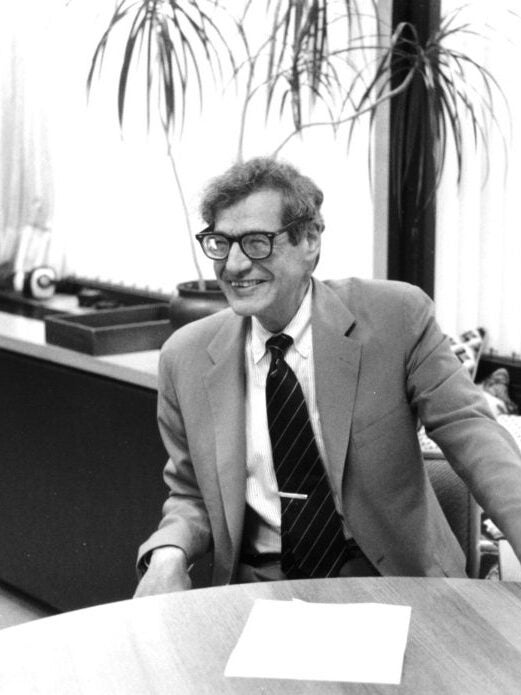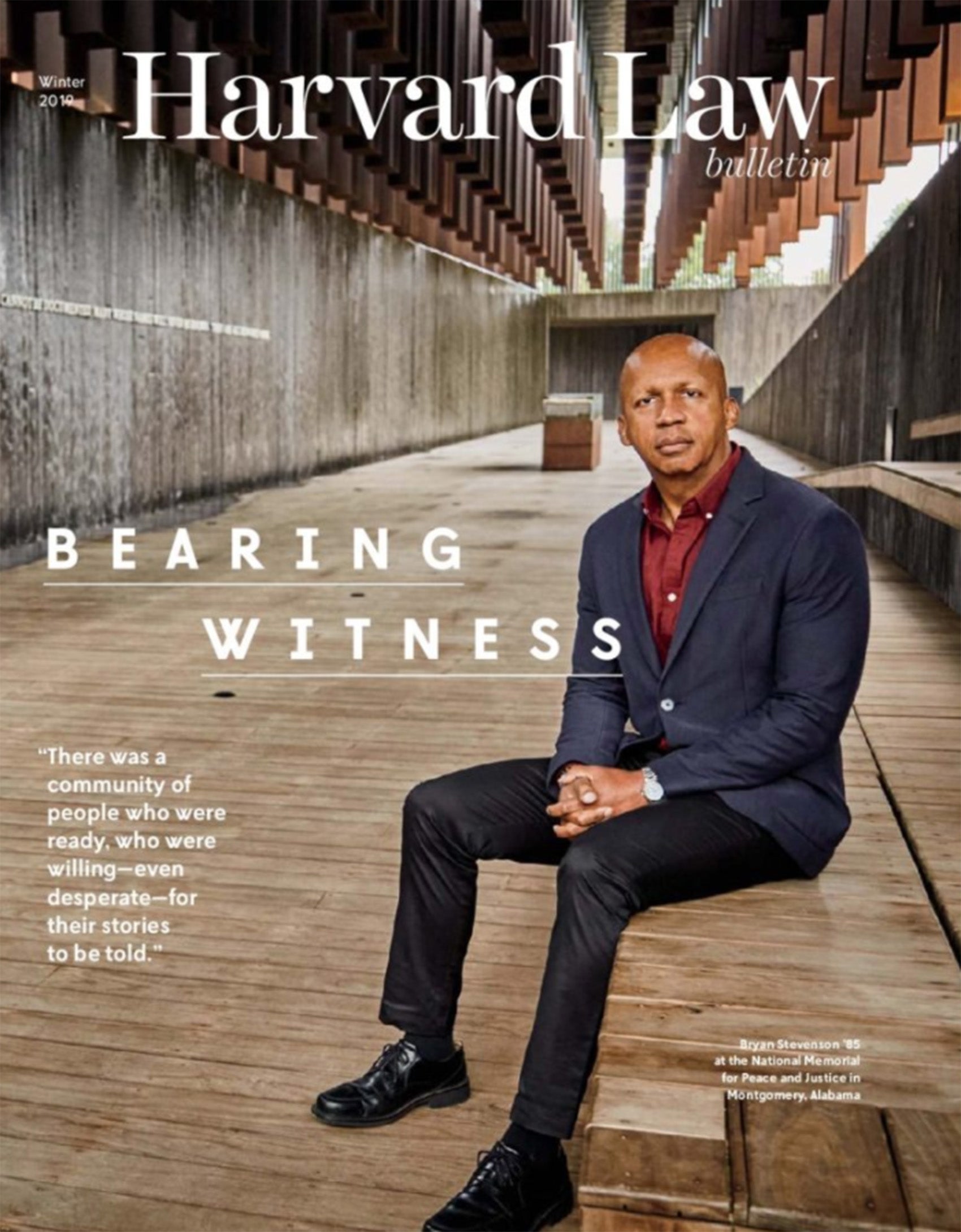
David Shapiro, teacher, mentor, and friend
Your remembrance of David Shapiro was excellent on the professional ledger but for me did not convey his full measure on the human side. He carried his learning lightly and was humble, funny, and brave.
I first met David in the labor law class he inherited from Derek Bok and Archibald Cox (known to us as “Cox and Box”). Eventually, he became the “supervisor” of my senior labor law thesis. I use the word advisedly because supervision for him was a collaboration in which detailed critiques tended to end in cheers.
When the final product appeared 18 months later as a long piece in U.Penn. Law Review, David sent me a congratulatory cupcake, ordered long-distance to Washington, D.C. Then came by snail mail a series of reprints of his latest non-civil-procedure articles—on Justice Rehnquist, free-speech rights, and so forth—each with a scrawled inscription (“Hot stuff!” for example, or “What do you make of this?”). For some reason he never sent me articles in his wheelhouse—civil procedure—perhaps because that was not the path on which we met.
A decade after I graduated he invited me back to give a talk on regulatory reform at EPA—during which he appeared more nervous than I was. That occasioned much post-talk chuckling, plus recruitment of a first-class intern the following year.
A few years later I was halfway toward organizing a campaign to help make him the next HLS dean when he shut that down. Administrative burdens taking him from research were what he cited, though his distaste for Byzantine politics likely played a part.
Our relationship took a new turn after he retired from HLS and moved to New York due to the loss of his voice; there we discovered a mutual love of opera. He and his wife met us for a long catch-up meal near the Met—we hadn’t talked face-to-face in 30 years. We discussed attending performances together, but our schedules never meshed and that was not to be.
L’envoi, David: You were teacher, mentor and colleague. You were a friend.
Michael H. Levin ’ 64
Washington, D.C.
We need answers as well as questions
Coincidentally with your piece on a new course, Social Media and the Law, in the Winter 2020 issue of the Harvard Law Bulletin, The New York Times published an article by Harvard Business School Professor Emerita Shoshana Zuboff. It speaks forcefully in a well-reasoned analysis of “surveillance capitalism,” describing how personal information and data, gleaned from an individual’s use of the internet and similar means, are accessed, analyzed, and used to affect people, hence society, in ways unknown to the individual and the society. In the case of surveillance capitalism, these intrusive and complex undertakings are used to promote a particular business interest.
As described in your article, the Social Media and the Law course at Harvard Law School appears to be an initial effort to come to grips with the phenomenon of surveillance capitalism and comparable, generally undesirable, progeny. The course legitimately appears to raise the myriad of questions that flow from an analysis of the present and possible future state of the law of social media, though the article to me focused more on the questions than the answers. Ultimately, it is primarily answers to legal issues that need to underlie efforts to address new areas of the law. Such answers most likely will take the form of laws, regulations and international conventions, as well as case law deriving from the developing theories of law pertinent to social media.
Such developments usually result in an increase in societal awareness of the underlying forces and the impacts, usually unknown, on individuals and society. I hope, actually expect, that is a direction that the new Social Media and the Law course will take. If that is not within the course framework as presented by Professor Noah Feldman and Monika Bickert, I believe it should be. I also believe that the companies engaged in the use or misuse of social media cannot regulate themselves. The incentives work against such an approach and, to date, private business and many governmental bodies have been woefully deficit in addressing the concerns. Ms. Bickert’s employer, Facebook, appears to be one of the worst examples of why self-regulation will not work. Laws, regulations, international conventions, and case law must have a key role in thwarting and redirecting the profit-based and hands-off inclinations of the media companies and the inclinations of the senior executives of such companies to manipulate information in ways that are likely to be, or are actually known to be, harmful.
Don Bergmann ’66
Westport, Connecticut
Kudos
I’ve so enjoyed the marvelous Winter 2020 edition of the Harvard Law Bulletin: the content (scholarly articles, not too lengthy; profiles of current students with unusual backgrounds; new undertakings at the School), beautiful artwork and formatting. This edition is “coffee-table quality.”
Steve Susman ’60
Westport, Connecticut

Summer Reading
The Bulletin story “Bringing Slavery’s Legacy to Light, One Story at a Time” by Cara Solomon won a Gold in the feature writing category in the 2020 CASE (Council for Advancement and Support of Education) Circle of Excellence competition. The story aims to capture the impact of the Legacy Museum and the National Memorial for Peace and Justice created by Bryan Stevenson ’85 through the lens of three people in Alabama whose lives answered the question of why this museum and monument are needed.